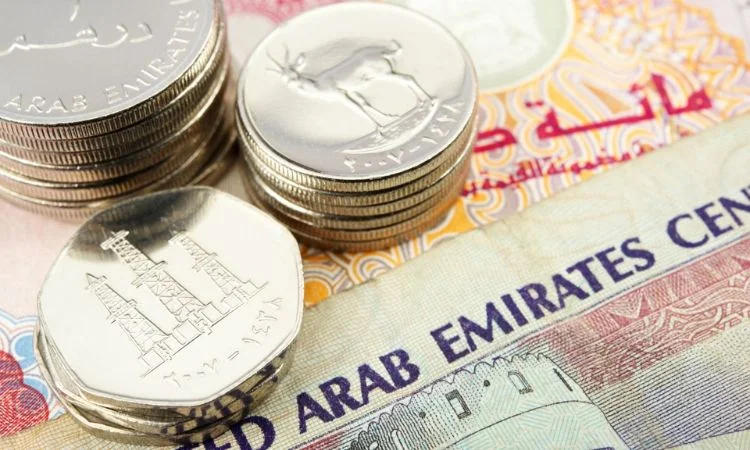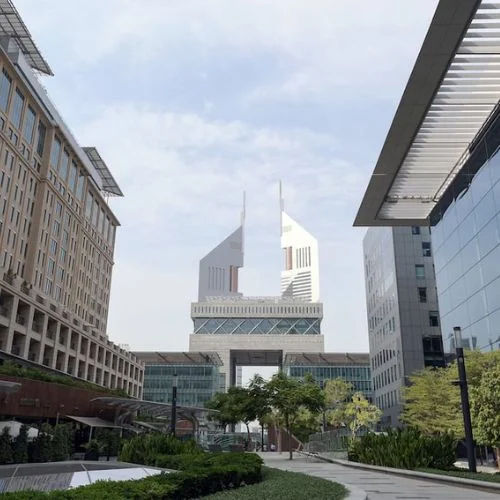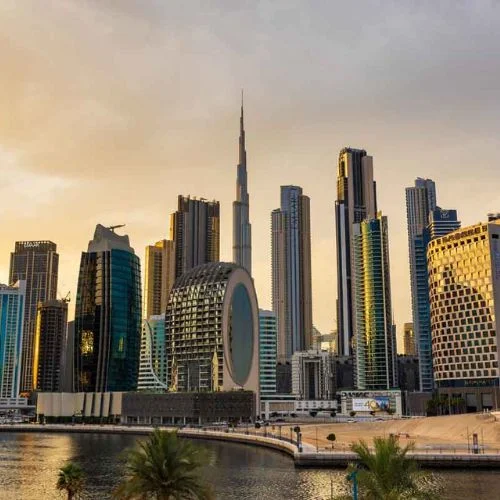The UAE and broader GCC region should experience a huge injection of funding into startups during the second half of 2024 and into 2025 as the shift in interest rates continues to drive equity investments. It is expected that the UAE’s venture capital funding would balloon to more than three times by the end of the year 2024 at $2 billion. This represents a very sharp increase from that of $638 million in 2023. The momentum is seen to continue even through 2025 at a very high level of $2.5 billion in startup funding.

PC: Arabian Business
The increased appetite from investors around the world for the region’s favourable regulatory environment, growth potential, and a thriving tech ecosystem is a reason why such a scenario is becoming more and more ubiquitous. The funding structure, however, is changing. “As the cheap capital era comes to an end, investors care more about cash flow-rich startups than just growth metrics. Hence, steady revenue streams are as attractive as growth,” says Sharaf Sharaf, Head of Amplify Growth Partnership.
Funding for tech startups dwindled sharply to $638 million in 2023, with a decline of 65 per cent compared with the previous year. However, since Q3 2024, some startups have emerged with double-digit funding rounds, with one even reaching $30 million. So far, total UAE startup funding stood at an estimated $690 million for the first nine months of the year, driven by increasing investor confidence.
Investment Strategy Shifts in Favour of Some Startups
Experts expect a shift in the investment strategy. Market leaders in a particular domain will attract more capital. Additionally, the demographics of the region – youth and tech-savviness and wealth – set the UAE and GCC up for good growth in the innovation sector, which should drive funding through the coming quarters.
Expected to decline further, that should make interest-rate cuts even more conducive to startup equity funding. “Lower interest rates tend to flush capital toward equities and out of debt, especially in private markets, where the potential is greater for investors,” says Walid Talhouni.
Sharaf expects fintechs to continue raising debt given their predictable revenue models. Though equity funding is becoming dearer, debt options allow fintechs to scale up without diluting ownership. The regulatory play in favour of fintechs in the MENA region amplifies the trend, especially in spaces such as digital payments and SME lending.
Acquihire Deals and Consolidation
Yet, while funding is positive in forecast, there also will be some memorable startup failures in the UAE and the GCC that pave the way for an uptick in aquihire deals, and industry consolidation. With this said, Nuwa Capital executives refer to this as a normal progression in a maturing ecosystem of startups where some are bound not to survive so stronger players come forward.
At the same time, it is also expected that the UAE and GCC will also see more global investment firms as both Talhouni and Sharaf expect more firms such as TPG and General Atlantic to expand the region, given appreciation by the UAE that its strategic location and sound economic fundamentals continue to attract international interest.
In conclusion, the UAE and GCC investment status is based on powerful national ambitions, strategic positioning, and robust economic fundamentals, which fuels interest from global investors looking to leverage the extensive ecosystem of the technology that resides there.















